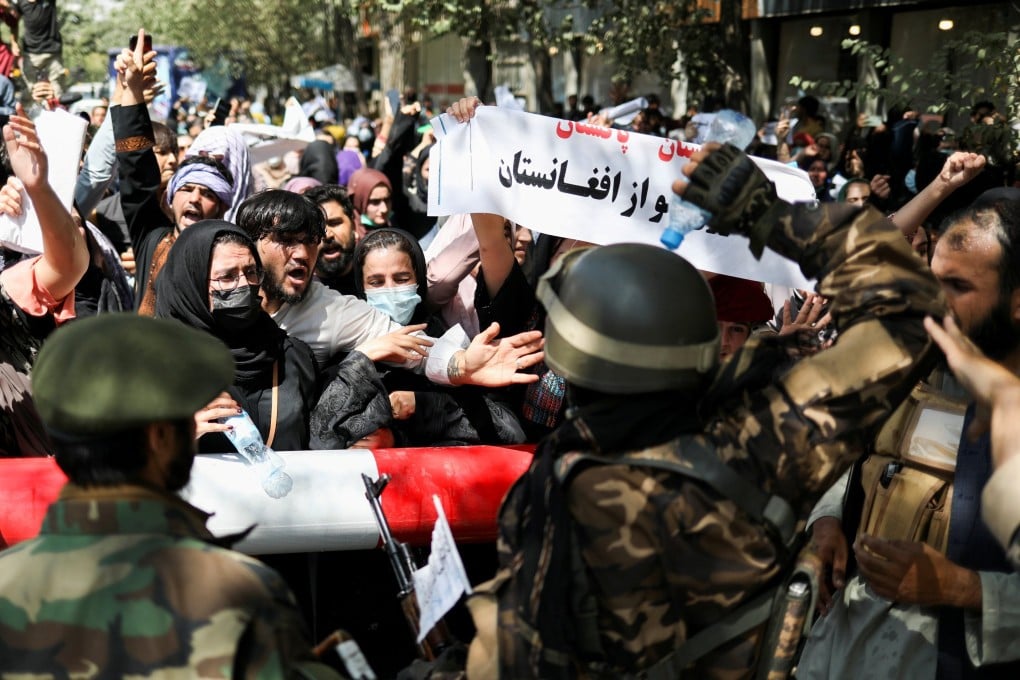Opinion | Moment of truth for Pakistan’s marriage of convenience with Afghan Taliban
- Given Pakistan’s close ties with the Taliban, how it chooses to proceed will have a significant bearing on the country’s international standing
- By being an honest mediator, Islamabad can rise to the occasion and help establish lasting peace and stability in Afghanistan, and the region

With accusations made against Pakistan with regard to the Taliban’s resurgence, Pakistan Prime Minister Imran Khan asked the Taliban government to be inclusive and respect human rights during an interview with the BBC this week.
More than 80,000 Pakistani civilians have been killed in the “war on terror” while Pakistan’s economy has lost around US$126 billion, making Washington’s US$6 billion in aid a pittance compared to what the country has gone through. Between 1995 and 2020, Pakistan experienced hundreds of terrorist attacks.
Now, amid the chaos and confusion, a rare chance for redemption has emerged for Pakistan, which could either continue its dubious role in Afghanistan or leverage its influence with the Taliban to secure lasting peace in the region and support Afghanistan’s integration into the international community.
